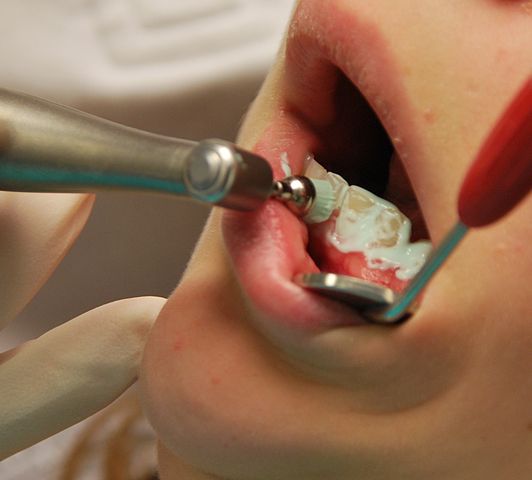It is speculated that advancements in gene therapy can lead to a better and healthier life. Some experts have suggested that in near future, with better understanding of human genetics, it will be possible to cure a number of different health conditions that are incurable today. The same is also true in the case of dental problems. A lot of senior dentists believe that epigenetic researches will provide answers for almost all of our dental problems.
In a seminar of the Australian Dental Association, researchers from the University of Adelaide’s School of Dentistry spoke about the application of epigenetics in the field of dentistry and oral health.
Toby Hughes, senior Associate Professor at Adelaide’s School of Dentistry, said that the ongoing research on epigenetics holds the cure for most of the dental problems that we face today. He said that the day is not far away when a comprehensive study and understanding of epigenetics will lead to a better and healthier life for everyone.
Professor Hughes explained the theory by using the DNA model. He stated that the genetic code of an organism is a like a symphony or an orchestra and the epigenetic code is the conductor of this orchestra. He said that it’s the epigenetic code that controls the functioning and activities of different genes in our genetic code. If we consider the genetic code as an orchestra and the epigenetic code as the conductor, then it’s the epigenetic code that decides which gene or instrument will be played at what time or situation.
It is extremely important to understand the role of epigenetics in the field of dentistry as epigenetic factors can help to regulate the healthy and unhealthy states in our mouths. If we were to be able to regulate the states in our mouth then we can control the response to local environment. Such regulation can only be achieved through a better and deeper understanding of epigenetic factors. This concludes that by regulating the epigenetic factors, we can essentially control the functioning and behavior of the genes. Dr Hughes made it clear that it might not be possible to change the underlying genetic code, but the same benefits can be expected by controlling the behavior of the genes.
Since the Human Genome Project was completed in 2007, epigenetics has been the centre of attention and has been touted as the answer to majority of health issues. Dr Hughes believes that we already understand the role of genetics in the dental development and with a bit of more understanding we will be able to implement the findings of researches on epigenetic factors in the field of dentistry.
Dr Hughes also stated that right now the researchers were focusing on controlling the immune responses that lead to dental problems. By controlling the immune response it will possible to prevent the dental problems that are caused by auto-immune disorders. By controlling the epigenetic factors it will also be possible to assess the risk or probability of oral cancer in an individual.
Matthew Allen is the marketing and outreach coordinator for Ashland Dental & Oral Health.





